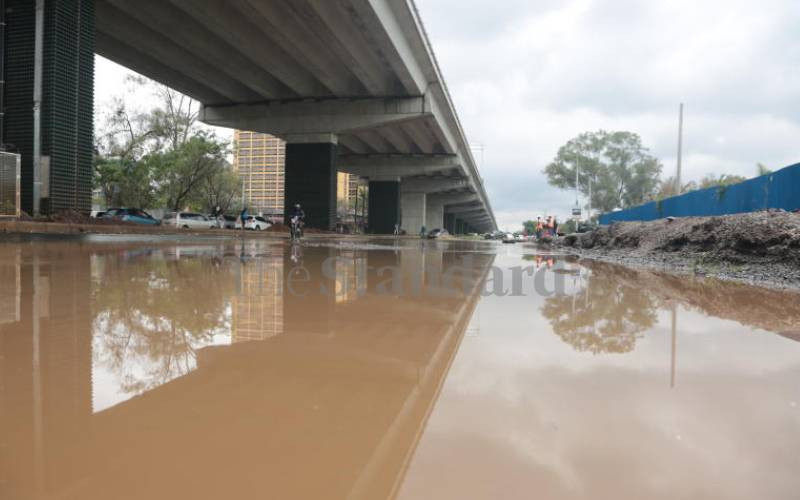×
The Standard e-Paper
Join Thousands Daily

The aftermath of recent flooding in various counties is alarming as people blame mother nature for our own mistakes and greed.
Global warming may have something to do with flooding, but human actions and greed have played a bigger part.